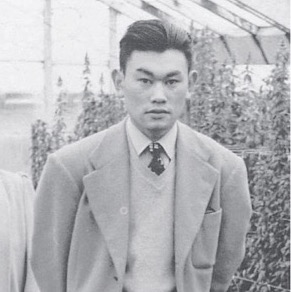I’ve been thinking today about Fred Korematsu, who refused to go to an incarceration camp for Japanese Americans in 1942. He was 23 then. Korematsu argued that internment camps denied freedoms guaranteed by the Constitution. He ultimately took his case to the Supreme Court. (1/7)
The court ruled against him, calling internment of Americans a “military necessity.” All three dissents are worth reading. In one of them, Justice Robert Jackson warned about the absence of evidence used to justify a “clear violation of Constitutional rights.” (2/7)
Jackson wrote that the U.S. had adopted “one of the cruelest of the rationales used by our enemies to destroy the dignity of the individual and to encourage and open the door to discriminatory actions against other minority groups in the passions of tomorrow.” (3/7)
He went on: "Racial discrimination... has no justifiable part whatever in our democratic way of life. It is unattractive in any setting but it is utterly revolting among a free people who have embraced the principles set forth in the Constitution of the United States.” (4/7)
Jackson argued the Supreme Court had validated the principle of racial discrimination, and warned that "the principle then lies about like a loaded weapon, ready for the hand of any authority that can bring forward a plausible claim of an urgent need.” (5/7)
In 1983, when a judge finally overturned Korematsu’s conviction, Korematsu said: "If anyone should do any pardoning, I should be the one pardoning the government for what they did to the Japanese American people." (6/7)

 Read on Twitter
Read on Twitter


